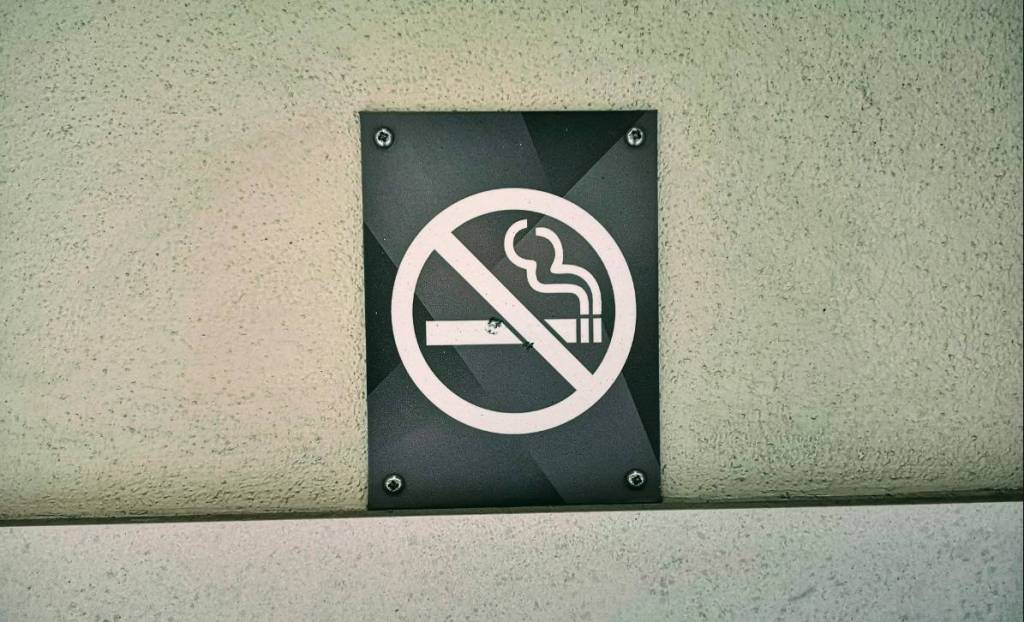Reaction to everyday stressors predict future health – Science Daily
…Stress is an ignorant state. It believes that everything is an emergency. Nothing is that important. Just lie down. -Natalie Goldberg
It’s hot as hell outside, you’re running late to work, stuck in a huge traffic jam, (or on a crowded subway) and you’ve stained your shirt from the fruit you’re eating. You have a major presentation to deliver that requires your total focus and you’re clearly not in a good state of mind. The shrill scream of your toddler crying hysterically before you left “mommy don’t go to work today!” is ringing in your head and you feel totally overwhelmed and anxious. How do you manage to stay calm, feel positive and perform well once you arrive at work? After all, you’re a highly skilled person and others are relying on you. Yikes, just thinking about this adds even more toxins to your psyche.
Today, stress is recognized as one of the main health problems. When people face a situation that is considered stressful, they may experience several physical, emotional and behavioral symptoms (anxiety, difficulty in concentrating, skin problems, migraines, etc.). Science Daily’s research shows that how you react to what happens in your life today predicts your chronic health conditions and 10 years in the future, independent of your current health and your future stress,” said David Almeida, professor of human development and family studies. “For example, if you have a lot of work to do today and you are really grumpy because of it, then you are more likely to suffer negative health consequences 10 years from now than someone who also has a lot of work to do today, but doesn’t let it bother her.
The team found that people who become upset by daily stressors and continue to dwell on them after they have passed were more likely to suffer from chronic health problems — especially pain, such as that related to cardiovascular issues — 10 years later.
The findings are important for those of us who would like to find ways to reduce our stress and maintain sanity when things seem to be going all wrong. These studies show that it’s not the actual situation that causes stress but rather it’s the way we react to it and how we perceive its impact on our health. We all know people who freak out when their dishwasher breaks and they complain as if they’ve gone through a major life struggle. And then there are those who are really enduring serious health problems, financial struggles and loss of loved ones and they somehow manage to rise above their problems with grace inspiring everyone around them.
With stress, for example, we can’t always prevent stressful events from occurring; however, managing stress through breathing exercises, journaling or other stress management techniques can neutralize the effects of stress. Likewise, we can’t always prevent anger from occurring, but we can work through our anger in healthy ways, and it’s not a problem–or we can try to “stuff” anger or express it in negative and unhealthy ways, and it becomes a problem.
If you’re like most people and you don’t handle everyday stress well, having support of close friends and family can also help. Exercise is another technique known to reduce stress through release of endorphins, and meditation is another useful tool for calming down. Since it’s unrealistic to imagine going through life without having stress, the only logical way to deal with it is figuring out a strategy or a combination of them that will work for you to manage your stress better.
Remember that every person is priceless and unique! The world wouldn’t be the same without you in it and you have a purpose for being here. Don’t let stress overtake your life! Find a healthy outlet to release your stress and do it as often as possible!












